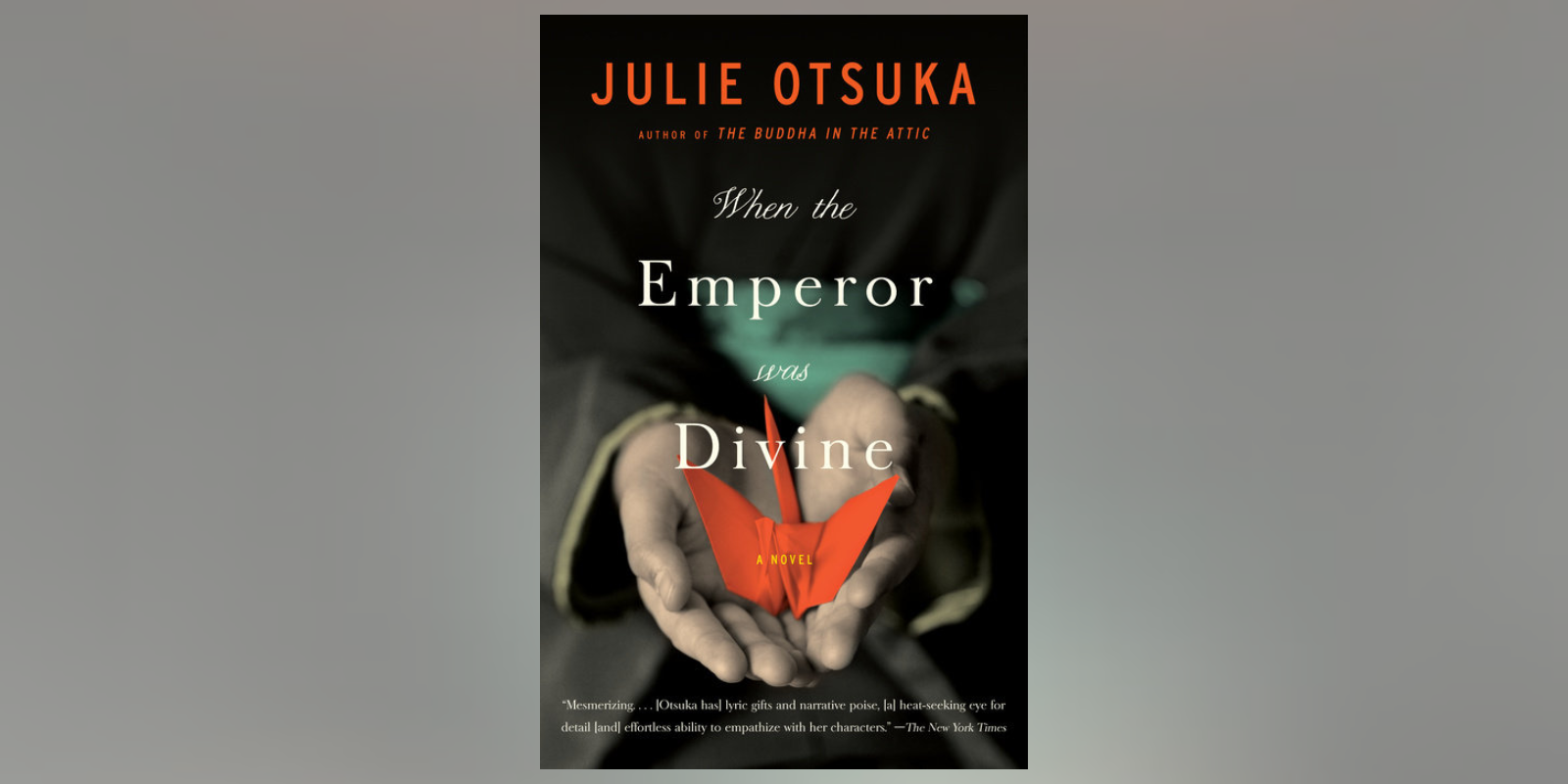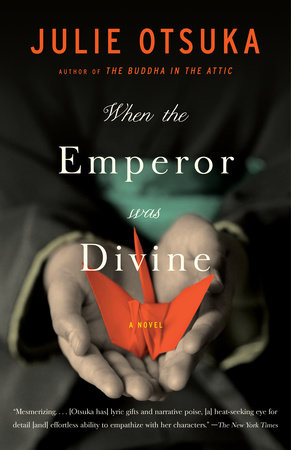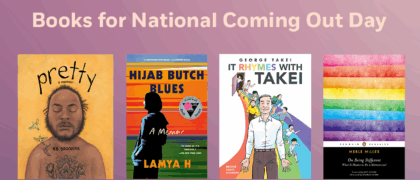Julie Otsuka’s When the Emperor Was Divine has been honored with the 2022 Phoenix Award, which encourages high standards of criticism, scholarship, research, and teaching in children’s literature. The only prize of its kind, the award recognizes a book of exceptional literary merit published twenty years prior that did not win a major award at the time of its original publication. Find out more here.
When the Emperor Was Divine is the winner of the Asian American Literary Award. It paints a portrait of the Japanese internment camps with crystalline intensity and precision. Otsuka uses a single family to evoke the deracination of a generation of Japanese Americans. In five chapters, each flawlessly executed from a different point of view—the mother receiving the order to evacuate; the daughter on the long train ride to the camp; the son in the desert encampment; the family’s return to their home; and the bitter release of the father after more than four years in captivity—she has created a small tour de force, a novel of unrelenting economy and suppressed emotion.
“Her voice never falters, equally adept at capturing horrific necessity and accidental beauty. Her unsung prisoners of war contend with multiple front lines, and enemies who wear the faces of neighbors and friends. It only takes a few pages to join their cause, but by the time you finish this exceptional debut, you will recognize that their struggle has always been yours.” —Colson Whitehead, author of The Underground Railroad and The Nickel Boys
“With a matter-of-fact brilliance, and a poise as prominent in the protagonist as it is in the writing, When the Emperor Was Divine is a novel about loyalty, about identity, and about being other in America during uncertain times.” —Nathan Englander, author of kaddish.com
“Exceptional. . . . Otsuka skillfully dramatizes a world suddenly foreign. . . . [Her] incantatory, unsentimental prose is the book’s greatest strength.” —The New Yorker
Find the educator’s guide here.






